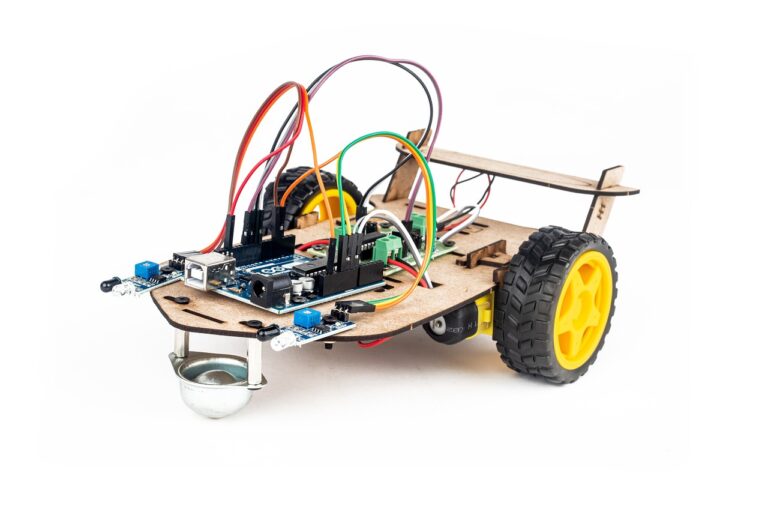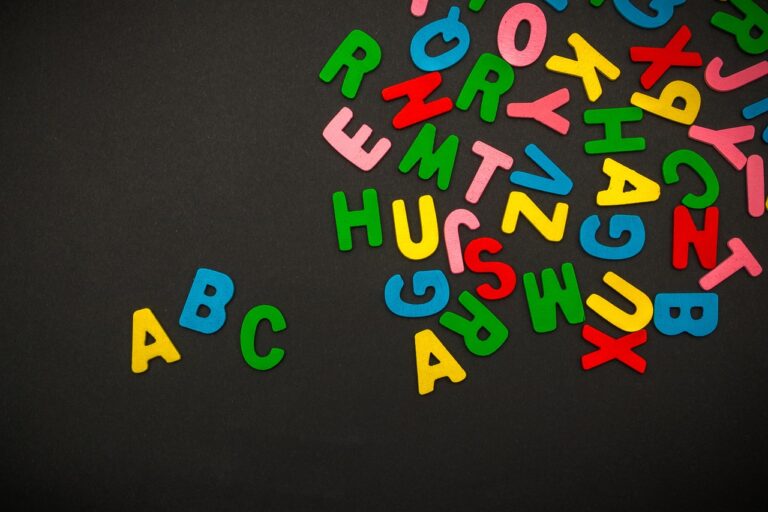Collaborative Learning: Tools for Effective Group Work
Collaborative learning enhances students’ critical thinking skills. Through working together on projects and assignments, students are encouraged to consider different perspectives and ideas. This process fosters a deeper understanding of the subject matter and helps students develop their analytical and problem-solving abilities. Additionally, collaborative learning promotes effective communication skills as students learn to explain their thoughts and ideas to their peers.
Furthermore, collaborative learning encourages teamwork and cooperation among students. This approach allows individuals to leverage each other’s strengths and expertise to achieve common goals. By working in groups, students learn to respect diverse opinions and viewpoints, leading to a more inclusive and supportive learning environment. Ultimately, collaborative learning not only enhances academic performance but also equips students with valuable interpersonal skills that are essential for success in their future careers.
Challenges of Group Work
One common challenge in group work is the presence of conflicting personalities within the team. When individuals with different working styles, communication preferences, or approaches to problem-solving come together, it can lead to misunderstandings and friction. These conflicts can hinder collaboration and productivity, making it harder to achieve the desired outcomes.
Another difficulty that often arises in group work is the unequal distribution of tasks and responsibilities among team members. Some individuals may take on a disproportionate amount of work, while others contribute less, leading to feelings of resentment and frustration. This imbalance can also result in a lack of accountability, with some members not fully invested in the project’s success.
What are some benefits of collaborative learning?
Collaborative learning allows for diverse perspectives to be shared, promotes critical thinking skills, and encourages teamwork and communication.
What are some challenges of group work?
Some challenges of group work include conflicts among group members, unequal distribution of workload, and difficulty coordinating schedules.
How can conflicts among group members be resolved?
Conflicts among group members can be resolved through open communication, active listening, and compromising to find a solution that works for everyone.
How can group members ensure an equal distribution of workload?
Group members can ensure an equal distribution of workload by actively communicating about each member’s strengths and weaknesses, setting clear expectations, and holding each other accountable.
What strategies can be used to improve coordination among group members?
Strategies to improve coordination among group members include setting deadlines and milestones, using project management tools, and regularly checking in with each other to track progress.





